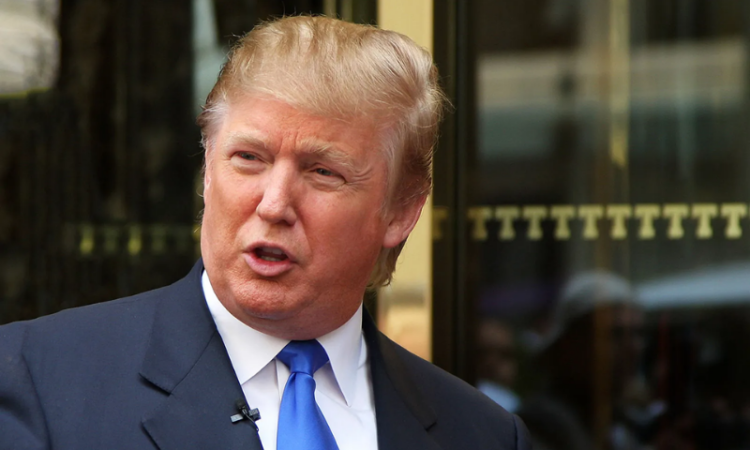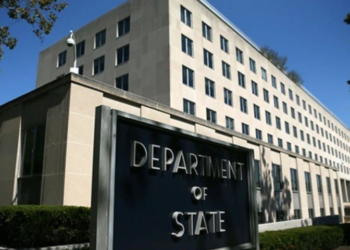New York, January 10, 2025: President-elect Donald Trump has been sentenced to an “unconditional discharge” after being convicted on 34 charges of falsifying business records connected to a hush money payment to adult film star Stormy Daniels during the 2016 presidential campaign.
The sentence, delivered by New York State Judge Juan Merchan, means Trump will face no jail time, fines, or probation. However, the conviction remains on record, making him the first U.S. president-elect to be sentenced for a criminal conviction. Trump will still assume office on January 20 as a convicted felon.
The charges stemmed from allegations that Trump directed his former attorney, Michael Cohen, to pay $130,000 to Daniels to silence claims of an alleged affair in 2006—an accusation Trump has consistently denied. Daniels testified during the trial, and Trump was convicted in May 2024.
Prosecutors recommended an unconditional discharge to avoid interfering with the presidency. Judge Merchan upheld this recommendation, stating, “This court has determined that the only lawful sentence that permits entry of judgment of conviction without encroachment on the highest office of the land is a sentence of unconditional discharge.”
An unconditional discharge allows the conviction to stand without imposing penalties such as imprisonment or fines. Legal experts explained that while the sentence preserves the jury’s verdict, it minimizes its immediate consequences.
Despite the lack of direct penalties, Trump’s conviction carries significant repercussions. As a convicted felon, he faces restrictions, including being barred from purchasing firearms in New York and Florida.
This unprecedented conviction has sparked intense debate about its implications for Trump’s presidency. While critics argue it undermines the integrity of the office, supporters emphasize that the unconditional discharge respects the democratic process and the will of the voters.
The sentencing proceeded after the U.S. Supreme Court rejected Trump’s appeal to halt the case in a narrow 5-4 decision. Trump described the ruling as a “fair decision” and hinted at pursuing further legal challenges.
As Trump prepares for his January 20 inauguration, the historic nature of a convicted felon assuming the presidency continues to raise constitutional and ethical questions.








